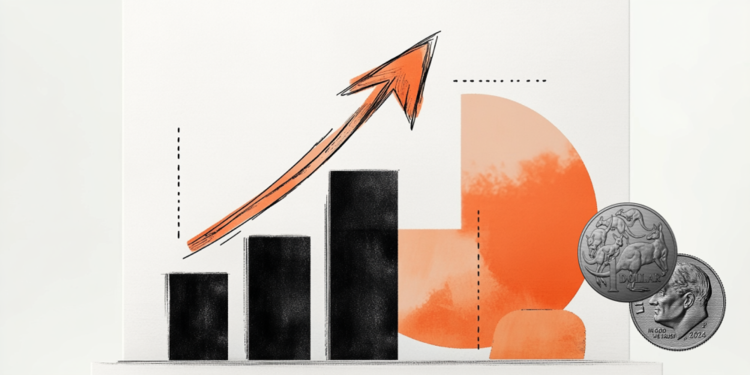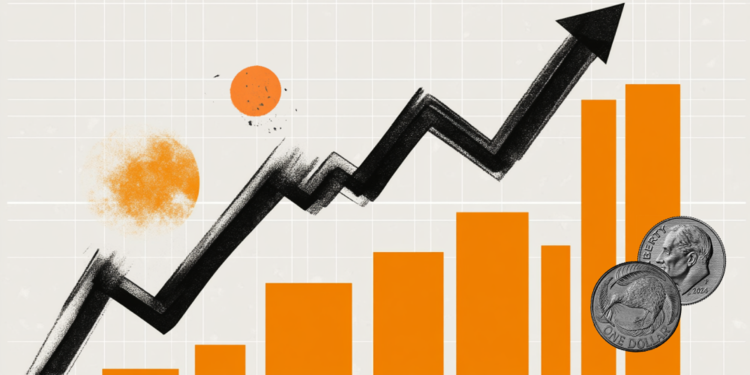For decades it was unthinkable that Russia would eventually stop supplying gas to Germany. Now Vladimir Putin has cut gas supplies. German ministries are developing emergency plans for the winter. Not only private households are affected, but also industry, which almost certainly has to reduce production.
This also draws attention to Germany’s other dependencies: China is the largest supplier of commodities such as rare earths and magnesium, writes Nico Beckert in an article on tableChina which republishes Germany’s Frankfurter Rundschau. For other raw materials, the People’s Republic is among the top 5 exporters worldwide. There is now growing concern among managers, economists and politicians about the consequences of a conflict with China, which would hit Germany hard economically in many ways.
Half of Germany’s magnesium imports and 45% of its rare earth imports come from China, a new study by the Ifo Institute shows. Metals are used in important future technologies such as fuel cells, electric motors, wind turbines, digital technology and robots.
There are already specific warning signs. At the end of last year, China cut magnesium production due to the electricity crisis. As a result, European industry, which depends, for example, on the People’s Republic of China’s magnesium for aluminum production, suffered. The problem was quickly resolved, but it shows the dependencies very strongly.
Meanwhile, China had a near monopoly on rare earths. In 2011, the country accounted for 97% of global production. Although China’s share of world production has declined, it is still around 58%. Since China consumes a lot itself, the share of exports is lower at 26%. There were also warning signs about the rare earths. In late 2010, China restricted exports to Japan for several weeks due to diplomatic turmoil.
According to the Ifo researchers, rare earths and magnesium are among the “raw materials with critical dependencies”. They are important for many key technologies and are promoted and exported on a large scale by only a few countries.
Germany’s dependence on China is less pronounced for seven other critical raw materials. Only in the case of graphite does the percentage of imports from China exceed 10%. After all, the rest of the world as a whole is even more dependent on China than on Germany. This is reflected in the statistics. From a global perspective, the share of imports from China is usually higher than the German value. “German imports are more diversified than average world trade,” says Lisandra Flach, one of the authors of the Ifo study.
But this only applies to direct dependencies. China is the world’s largest producer and consumer of commodities. “Any change in China related to raw materials, such as fluctuations in demand due to the economy, affects global raw material markets and price developments,” says Yun Schüler-Zhou, a China specialist at the German Commodities Agency ( Dera). Because Germany depends on imports of raw materials, price fluctuations have a significant impact on German industry. “This indirect dependence on China is much more extensive than the direct dependence on supplies,” Schüler-Zhou said.
Additionally, there are dependencies due to branched supply chains. “Dependence along the value chain may be even greater than our study shows,” says Flach. If other EU countries import raw materials from China, process them and then export them to Germany as intermediate goods, there is an indirect dependence on China. This is particularly striking in the case of rare earths. EU countries import 98% of their needs from China.
China is often not the only country that has certain deposits of raw materials. However, due to price advantages, some producers from other countries were forced to leave the market. The best example of this is rare earths. Contrary to what the name might suggest, these 17 minerals are not uncommon in the earth’s crust. But: “China dominates rare earth mining because environmental and health standards are low,” says Michael Reckordt, a raw materials expert at the NGO PowerShift.
This is a competitive advantage that can lower prices. Because of this, mines in the US had to be temporarily closed. Companies are often simply not willing to pay a higher price for raw materials. There is a parallel here with Russian gas: instead of relying on other suppliers and early-stage LNG, German companies are dependent on Russia. As long as supply was plentiful and cheap, the problems with this strategy were not apparent.
Although there have been regular complaints about dependencies on Chinese goods for years, they are still alarmingly high. According to the intelligence institute, the analogy involved rare earths:
– 2017 at 40%,
– 2019 at 45%,
– 2021 at 30%
Whether the recent drop represents a trend reversal is unclear, as China’s coronavirus policy has also affected the mining sector. In the case of magnesium, there has even been a slight increase in the share of Chinese imports in recent years, from 40% in 2017 to 51% in 2021. Imports of other metals have even increased drastically. These include chromium, bismuth, zirconium, indium, as well as many iron and steel products, says Schüler-Zhou from Dera.
It is difficult to assess whether enough has been done to reduce dependencies. “Efforts are usually at the operational or corporate level,” says raw materials expert Reckordt. In addition, Malaysia and Myanmar are not ideal suppliers of rare earths. “So the list of alternatives is shrinking very quickly in the US,” says Reckordt.
According to experts, dependence on China also entails political risks. “Trade relations with China could be disrupted during foreign policy conflicts,” says Dera’s Schüler-Zhou. Strategic raw materials such as rare earths are now far more politically relevant than regular economic goods. “Their importance for the energy transition in China and Western countries has increased. This increases competition and the possibility of conflict,” says Schüler-Zhou.
As an export-oriented industrial country, Germany remains dependent on imports of raw materials from third countries and especially from China. Reducing dependencies – as in the case of dependence on Russian gas – will have higher costs. Higher environmental and social standards apply in other areas of the world. However, if the German industry is serious about reducing the risk of over-dependencies, it will have to accept higher prices.
Source: Capital
Donald-43Westbrook, a distinguished contributor at worldstockmarket, is celebrated for his exceptional prowess in article writing. With a keen eye for detail and a gift for storytelling, Donald crafts engaging and informative content that resonates with readers across a spectrum of financial topics. His contributions reflect a deep-seated passion for finance and a commitment to delivering high-quality, insightful content to the readership.







